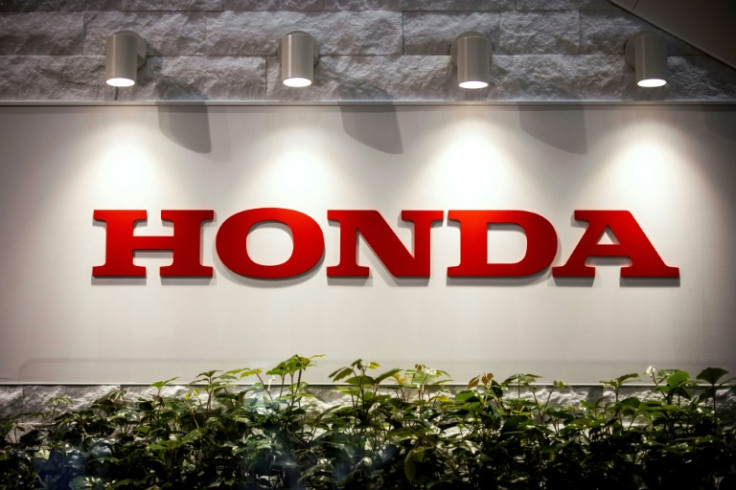Honda Rocked by Scandal: EVP Quits Over 'Inappropriate Behaviour' as CEO Punished With 20% Pay Cut

Honda has been rocked by a high-level resignation after one of its top executives stepped down following allegations of 'inappropriate conduct' at a social event. The incident has sparked internal upheaval at Japan's second-largest carmaker, with the CEO accepting a substantial pay cut as part of a public gesture to restore trust.
On 7 April 2025, Honda announced that Executive Vice President Shinji Aoyama, who also served as a company director, had resigned following an internal investigation by the audit committee. The alleged behaviour occurred 'outside of work hours' during a 'social gathering'.
While the company declined to release specific details, it expressed regret over the conduct, calling it deeply disappointing for a senior leader expected to uphold corporate values. Aoyama tendered his resignation before the board could finalise disciplinary action.
CEO Takes Pay Cut Amid Accountability Move
Honda CEO Toshihiro Mibe will take a 20% pay cut for two months to reflect the seriousness of the incident. In a public statement, the company said:
'It is deeply regrettable that an individual positioned as a leader in the management of the company, and who is expected to set an example for the respect of human rights and compliance with relevant laws and regulations, has become the subject of an allegation of conduct contrary to these principles.
We take this incident very seriously and recognise that restoring trust is our top priority.
We will also consider measures to prevent recurrence and further strengthen our compliance system across the company.'
The company also stated it is reviewing its future management structure and will make further announcements soon.
Aoyama's Legacy And Strategic Roles
Aoyama, who joined Honda in 1986, played a pivotal role in leading the company's global motorcycle business, North American operations, and electrification strategy. Prior to his departure, he was one of only two executive vice presidents reporting directly to Mibe.
According to the Daily Mail, Aoyama had recently warned that trade tariffs imposed by US President Donald Trump could prove costly for Honda—a statement made just weeks before his sudden exit.
A Critical Moment For Honda
The resignation comes at a turbulent time for Honda. Earlier this year, the company had been in merger talks with Nissan, though negotiations were called off in February. The automaker continues to navigate global supply chain disruptions, evolving regulations, and the shift towards electric vehicles.
As Japan's second-largest car manufacturer behind Toyota, Honda is under increasing pressure to uphold both innovation and accountability amid a rapidly changing automotive landscape.
Primark CEO Steps Down Following Conduct Allegation
The Honda scandal mirrors recent events in the retail sector, where Primark CEO Paul Marchant also stepped down after a complaint was raised regarding his behaviour in a 'social environment'.
Parent company Associated British Foods (ABF) said an external investigation found Marchant's actions fell 'below the standards expected'. He apologised to the individual involved and resigned immediately. ABF also later confirmed that Marchant had previously been involved in a separate case of 'inappropriate communication', which was investigated and addressed at the time.
Corporate Culture And Executive Conduct Under Scrutiny
Both Honda and ABF have been quick to respond to allegations involving senior leadership, underscoring a growing focus on workplace culture and executive behaviour. ABF CEO George Weston said:
'Our culture has to be, and is, bigger than any one individual. At ABF, we believe that high standards of integrity are essential. Acting responsibly is the only way to build and manage a business over the long term.'
Honda echoed similar sentiments, noting that restoring public trust would be its top priority moving forward.
As corporate governance comes under greater global scrutiny, these resignations serve as stark reminders that senior executives are not immune to accountability—and that swift, transparent action is essential in protecting a company's reputation and workforce morale.
© Copyright IBTimes 2025. All rights reserved.





















